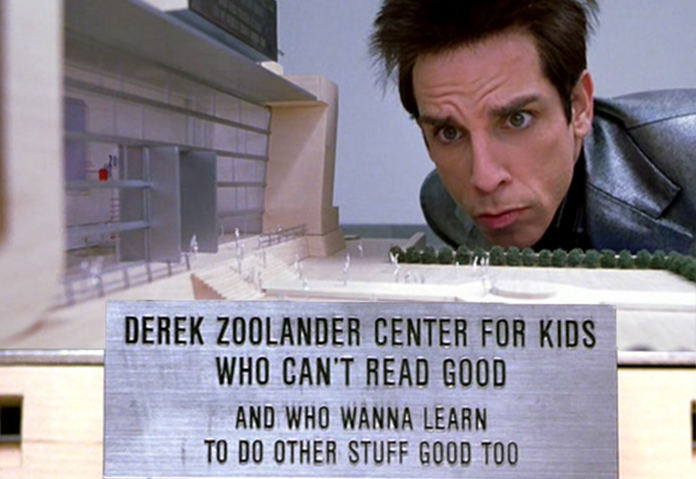In the past two weeks I’ve taught iinformal research sessions for two different upper-level political science courses (same professor for both courses): African Politics and Comparative Politics. Given the nature of these courses and the kinds of research topics the students selected for themselves, the professor and I decided to use these research sessions to introduce students to sources of information that they might not ordinarily use or even know about. Although I am not usually a fan of info-dump style classes, in this case, I think a discussion of types of sources (and why/how students can use them) as well as different research resources is totally appropriate. More often than not I’m finding upper-level students in this discipline who are only searching for scholarly journal articles and only searching for them in one of two places: Google (Scholar if I’m lucky) or JSTOR. They’re turning to journal articles for
- background information & overviews of countries and issues
- comparisons of issues across countries
- statistics
- historical information & data
- explanations of different countries’ governing structures.
In short, students are looking for all kinds of information that doesn’t appear in journal articles, IN JOURNAL ARTICLES.
My informal poll of students in each of the classes I taught recently told me that of the 20 or so students in each class only 2-3of them were using anything other than Google, Google Scholar or JSTOR for their research assignments. I’ve had senior thesis writers tell me they don’t consult books for their research at all, which is a total shame in a discipline where books are still a huge avenue for scholarly output (as my thick stack of Political Science CHOICE cards can demonstrate). I’ve had students admit to only using one or two databases for their literature review (which is common across disciplines). I’ve met with other students who didn’t know that independent research organizations and policy institutes could be really great sources of interesting research. So I saw my opportunity to teach these two classes as the beginning of a campaign:
My Campaign to Get Political Science Students to Use Something Other Than JSTOR or Google Scholar for their Research
(Like Books and Other Stuff Too)
There is a world of survey data, working papers, policy briefs, open publications, statistics and backgrounders available online. Fascinating statistics, data and summary information about current political issues, governing structures and countries lives in our reference collection. Our books upstairs contain a wealth of research on every political science topic imaginable. But if there’s not a point in each political science major’s academic career when they learn about variations in information type–and when they might want to use some of these different sources of information–how can I expect senior thesis writers to know and use these information sources? So my campaign has begun in earnest and I’m plotting out ways to further its spread this fall. Initial feedback from students and the professor in the courses I taught recently has been positive. Some students are even (GASP) using some of the new info sources I showed them in class. In each class I brought an example of a book that a student might find useful for their research paper and in both classes I had at least one student ask to see that book after class because they were writing about that topic. These are small victories, but they are victories all the same.
I’m curious as to how other librarians are faring introducing different information sources to students in their respective fields of study:
Are your students as stuck on the scholarly research articles as my students are? When in their instructional sequence do you start to introduce different source types that are unique to their area of study? How can you do so without classes turning into an information dump?


